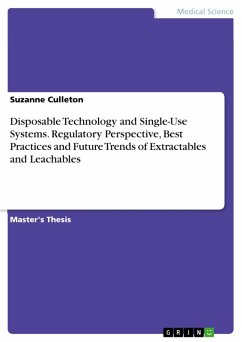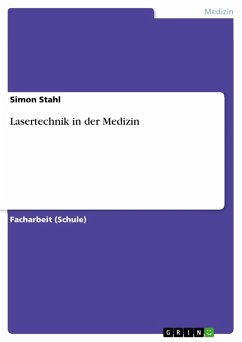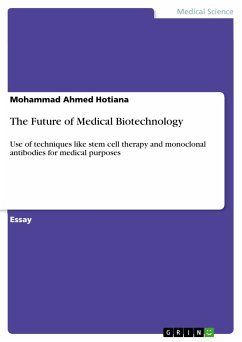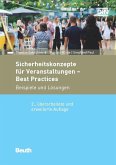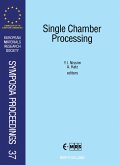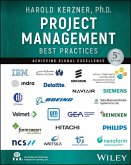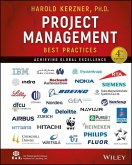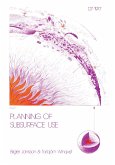Master's Thesis from the year 2015 in the subject Medicine - Biomedical Engineering, grade: 1.1, , course: MSc. Industrial Pharmaceutical Science, language: English, abstract: With the adoption of Disposable and Single-use manufacturing equipment on the rise, it is logical there is an industry push to develop a standardised set of testing requirements to thoroughly evaluate the impact of extractable and leachable (E&L) contaminants on patient safety. The main objectives of this work are to critically evaluate the preliminary research previously undertaken on the subject area of Single-Use Systems (SUS) with emphasis on the data currently generated from vendors of single-use systems, the need for harmonised supplier data, current methodologies and best practices employed for E&L testing, and also identification of key areas that warrant further study. This will be accomplished using both quantitative and qualitative research methods where primary data is sourced directly from interviews with experienced professionals in the field. The secondary information is obtained from the critical analysis of scientific publications, scholarly articles, databases, and use of statistical data generated from recent surveys on the challenges E&L present and how industry have addressed this matter thus far. From an extractables and leachables viewpoint the regulatory outlook is still quite uncertain. Some SUS suppliers deliver a very strong data package which satisfies the needs of the drug product manufacturer while others fail in this regard. So, in that sense the evaluation of extractables and leachables remains a grey area at present. The challenge for the industry now is to achieve uniformity of data across multiple single-use vendors to facilitate end user risk assessment and compliance for future regulatory submissions and better patient care.
Dieser Download kann aus rechtlichen Gründen nur mit Rechnungsadresse in A, B, BG, CY, CZ, D, DK, EW, E, FIN, F, GR, HR, H, IRL, I, LT, L, LR, M, NL, PL, P, R, S, SLO, SK ausgeliefert werden.
Hinweis: Dieser Artikel kann nur an eine deutsche Lieferadresse ausgeliefert werden.

